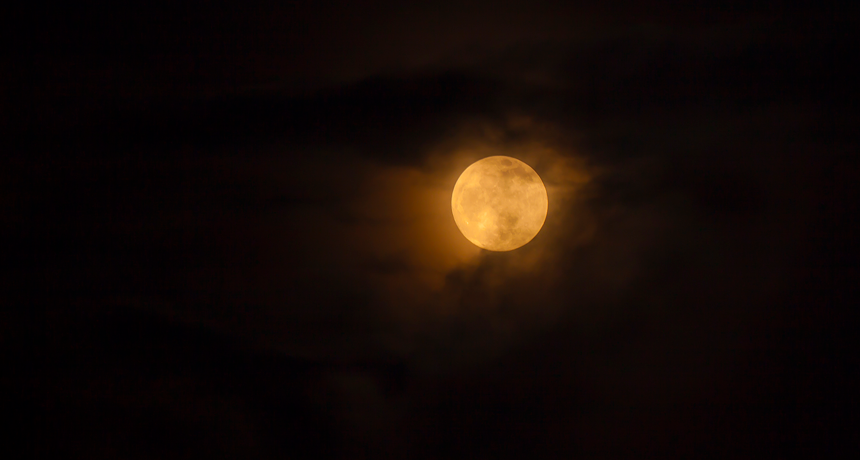average (in science) A term for the arithmetic mean, which is the sum of a group of numbers that is then divided by the size of the group.
behavior The way something, often a person or other organism, acts towards others, or conducts itself.
correlation A mutual relationship or connection between two variables. When there is a positive correlation, an increase in one variable is associated with an increase in the other. (For instance, scientists might correlate an increase in time spent watching TV with an increase in rates of obesity.) Where there is an inverse correlation, an increase in one value is associated with a drop in the other. (Scientists might correlate an increase in TV watching with a decrease in time spent exercising each week.) A correlation between two variables does not necessarily mean one is causing the other.
data Facts and/or statistics collected together for analysis but not necessarily organized in a way that gives them meaning. For digital information (the type stored by computers), those data typically are numbers stored in a binary code, portrayed as strings of zeros and ones.
ecologist Someone who works in a branch of biology that deals with the relations of organisms to one another and to their physical surroundings.
emergency room Also known as the ER. It's that part of the hospital where doctors initially attend to the immediate medical needs of accident victims and others who need critical care.
factor Something that plays a role in a particular condition or event; a contributor.
fiction (adj. fictional) An idea or a story that is made-up, not a depiction of real events.
link A connection between two people or things.
lunar Of or relating to Earth’s moon.
moon The natural satellite of any planet.
range The full extent or distribution of something. (in math or for measurements) The extent to which variation in values is possible. Also, the distance within which something can be reached or perceived.








